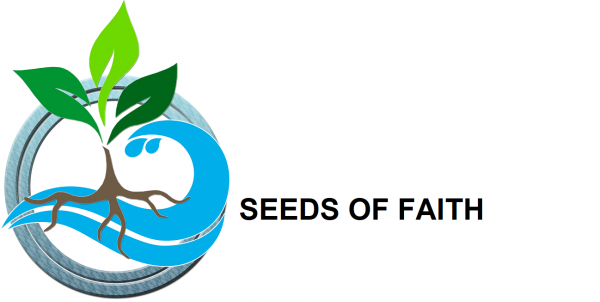Dear friends,
One of the most beloved Psalms is from chapter 23. We have memorized it and recite it in our worship services and in our personal devotional time. The image that would almost always come to mind when we read Psalm 23 is of a very green grass, a nearby brook, the scattered sheep and the shepherd watching over them. But when we were in Israel, this kind of imagery was challenged. It is very seldom that you can see that kind of pastoral setting in Israel, more so, in ancient Israel.
Our guide, a Venezuelan Jew who is a Christian Pastor, told us to erase the imagery of the lush green grass with a nearby brook whose waters gently glides. He said, “That’s the Psalm 23 if you happen to be in New Zealand. But it is not. David wrote it in Israel, and the geographical setting is a desert.” He then pointed us to the desert with very dangerous hills and dark valleys. He then challenged us to rethink Psalm 23 in the light of that perspective.
As I reread Psalm 23, I cannot help but appreciate it more fully this time around. Why?
First, finding grass, and quite waters in the desert was a difficult task for shepherds in ancient times. There could only be patches of green grass, and an oasis was difficult to locate. This tells us that no matter how hard it is, God will find a way to feed us and quench our thirst.
Second, the valley of the shadow of death was a very dangerous place. One false move in the rocky hills will lead you to death. This was the terrain that the shepherds during Old Testament times traveled in order to find another patch of green grass, and an oasis in order for the flock to survive. This tells us of the great love of God for all of us. And this was proven true when Jesus sacrificed himself for us.
A change of perspective in reading Psalm 23 can indeed make us appreciate more about the kind of shepherd that God is. What David wrote is a picture of a good, loving and courageous shepherd. And that is what our God is.
May God bless us all!
Sincerely,
Rev. Francis Neil G. Jalando-on
